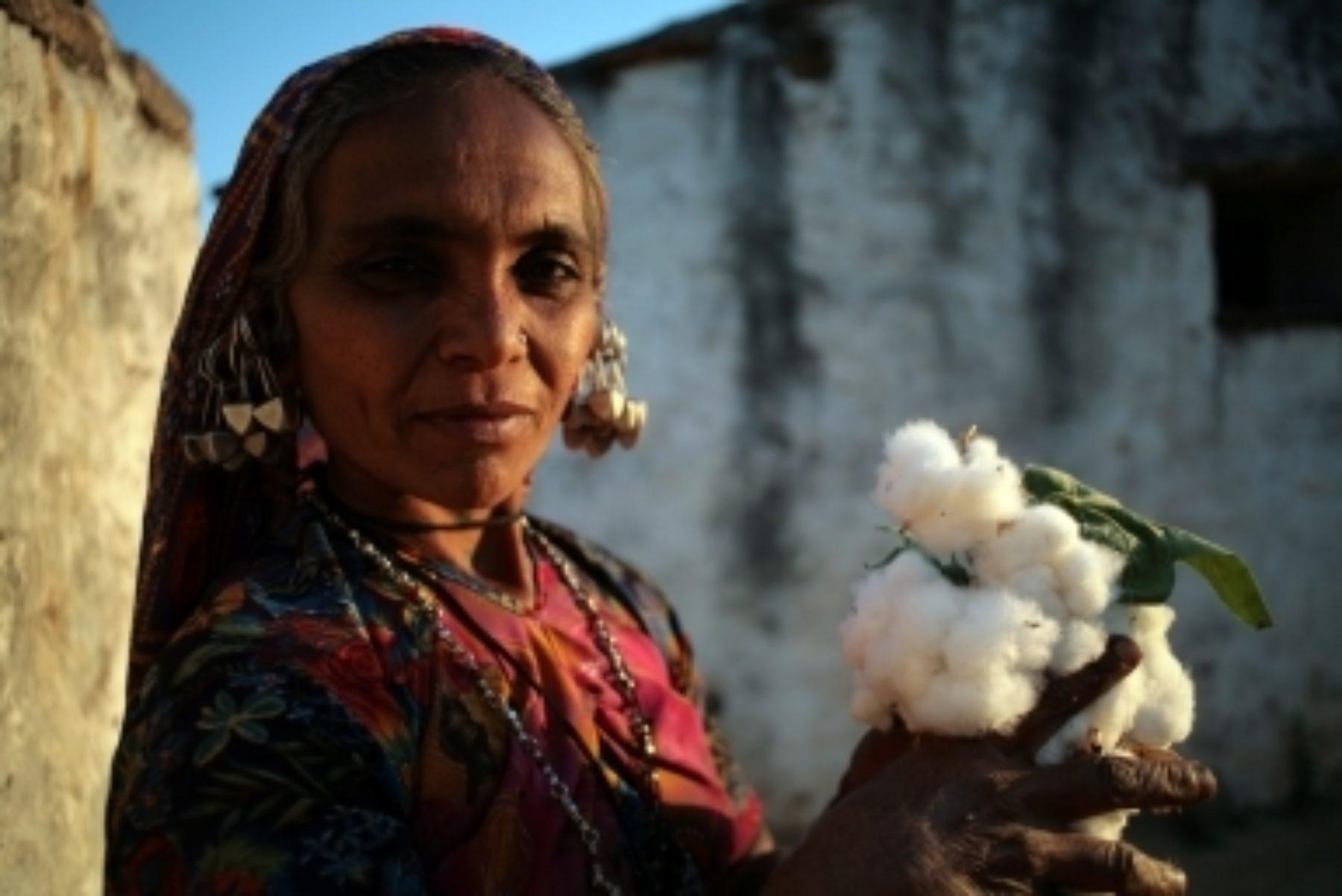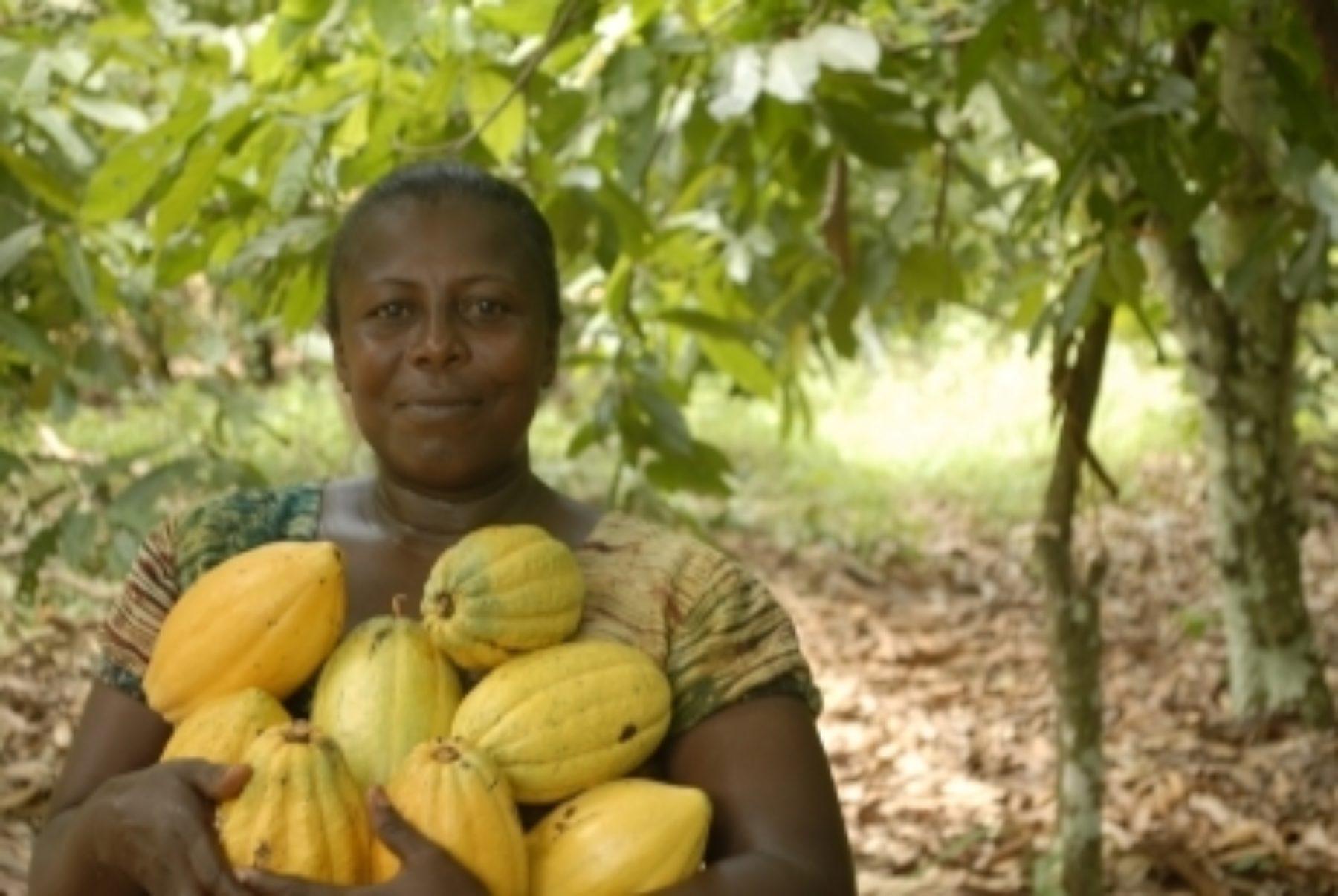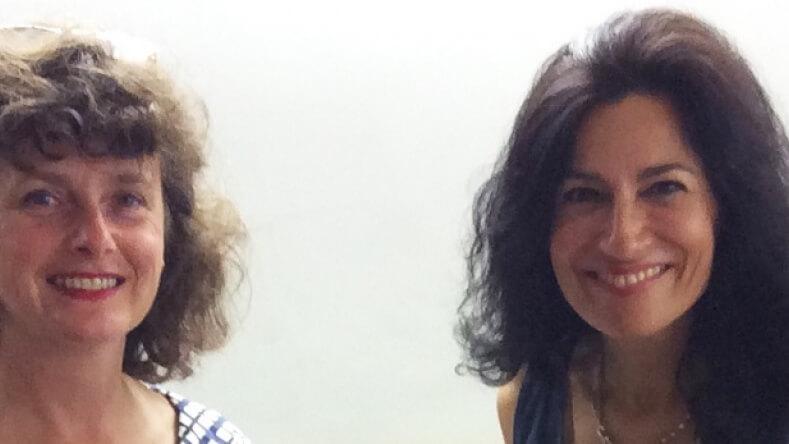Sophi Tranchell, MD of Divine Chocolate, and Safia Minney, Founder and Director of ethical fashion company People Tree explain why we should be focusing on producers, and why Fairtrade Fortnight is important
Fairtrade fortnight 2015’s theme is to shine a spotlight on producers, why is this and Fairtrade Fortnight important?
Safia Minney: It is a great opportunity to highlight our everyday consumption choices whether with food, drinks or clothing. We really can use our shopping choices to support Fair Trade and ethical business practice and help farmers, artisans and tailors use Fair Trade as a tool for change to their lives – from the nutritious food they eat, to paying for health and medical care or educating their children and even rebuilding their homes. Many Fair Trade farmers also use Fair Trade as an opportunity to invest in a kitchen garden, chickens and goats. They also help other members of the family, sometimes their husbands, to start a shop. The benefit of Fair Trade clothing has a ripple effect bringing opportunities to their community and women walk differently, with pride and confidence thanks to Fair Trade!
Sophi Tranchell: The focus on farmers is vital – as we are dependent on them for the foods and goods that we love. Historically these farmers have been invisible – and Fairtrade has brought them front of mind. The fantastic thing about Fairtrade Fortnight is that it’s a time when so many thousands of people – of all ages and from all walks of life – get active to raise awareness of this issue. Divine’s farmer-owned business model is an example that shows it’s possible for farmers to share more of the wealth they help create, and invest in making farming a future with prospects.

How does your company still drive the agenda/best practice in your industry? What are the challenges?
Sophi Tranchell: We see Fairtrade as a means to end, not an end in itself – ultimately the goal must be changing the terms of world trade for good. Best practice includes farmers organising themselves democratically to make best use of shared income and knowledge, and maintaining a traceable supply chain. Both these present challenges – for example Kuapa Kokoo, the co-operative that owns Divine needs to manage an organisation of 80,000 farmers spread across Ghana. Traceable supply chains are not easy to negotiate - but traceability is key to farmers having a more direct role in the chocolate industry, and benefiting from the reputation of their own chocolate.
Safia Minney: People Tree pioneered the first Fair Trade and organic cotton clothing certified product made in the developing world 20 years ago. People Tree is also first to achieve the WFTO mark on all products by guaranteeing 100% dedication to Fair Trade throughout the production process.
People Tree puts pressure on the fashion industry to ensure best practice. We work closely with incredible campaigning originations, such as the National Garment Worker’s Federation in Bangladesh, which ensures garment workers’ rights are adhered to. All Walks Beyond the Catwalk, which calls for diversity on the catwalk, and War on Want, which fights poverty in developing countries in partnership with people affected by globalisation and Fashion Revolution Day. But importantly we prove that new way of doing fashion is possible.




